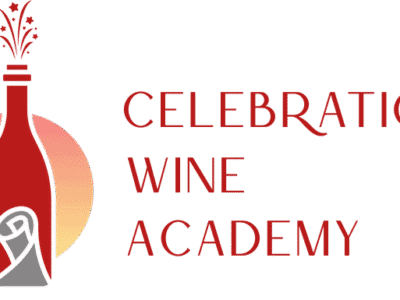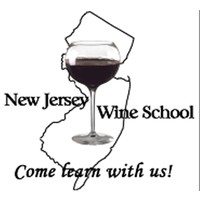New Jersey’s wine story begins long before modern schooling. Colonial growers were cultivating grapes here by the mid-1700s, earning praise from Britain’s Royal Society of Arts for their early experiments. But for much of the 20th century, restrictive laws kept the state’s wineries few and small. That changed with the New Jersey Farm Winery Act of 1981, which finally allowed small family producers to flourish.
As vineyards multiplied, so did the need for professional training in grape growing, winemaking, and sensory evaluation. By the early 2000s, the state saw its first formal wine-education initiatives. The New Jersey Wine School, founded around 2010 in Westfield, began offering Wine & Spirit Education Trust (WSET) certifications, filling a gap for both hobbyists and hospitality professionals. In 2014, Rutgers University created the New Jersey Center for Wine Research and Education, followed by its Grape and Wine Science Certificate Program, combining classroom study with winery internships.
Other regional options—like courses at Camden County College or partnerships with the Wine School of Philadelphia—have helped raise standards across the state. In fact, several respected winemakers, including those at William Heritage Winery, trained at the Philadelphia school. Together, these programs reflect New Jersey’s growing seriousness about wine—an industry now pairing local heritage with professional education.


